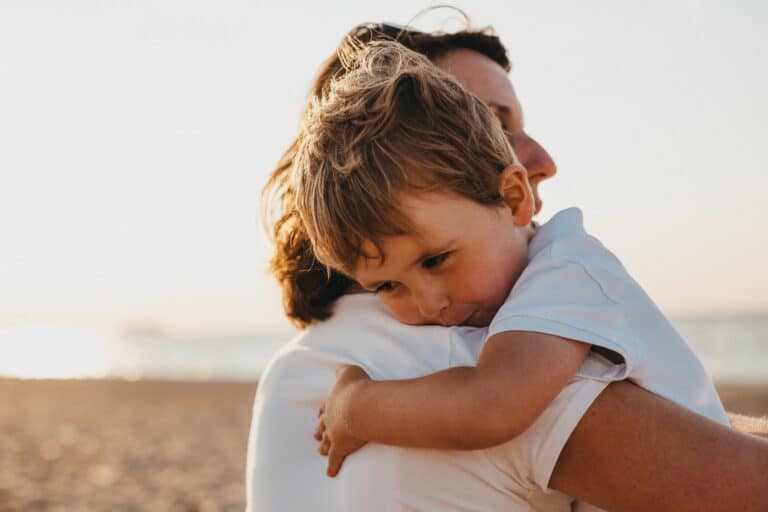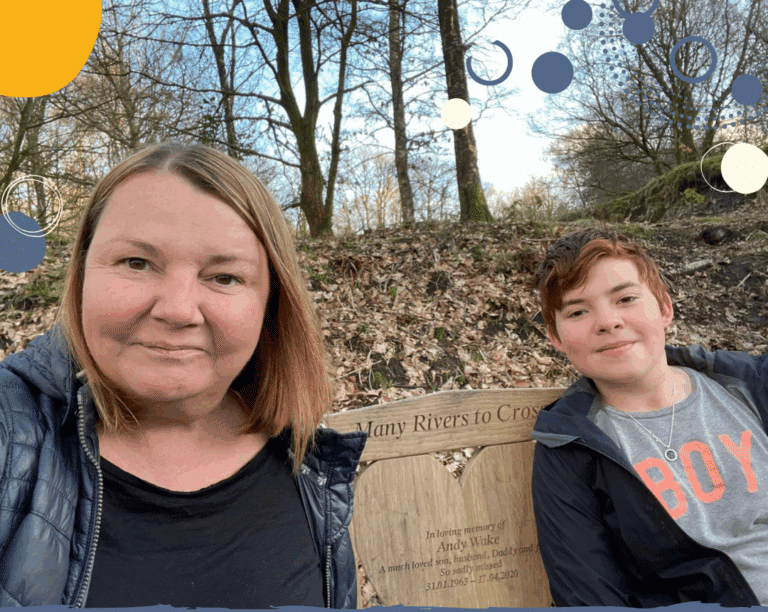Talking to children about tragic events
As events remind us all too often, we live in a world in which bad things happen. And in this digital era of rolling news, graphic details about terrorist attacks, accidents and other tragic events can spread far and fast.
Wrapping our children up in cotton wool and protecting them from everything bad in the world isn’t really an option. Teenagers learn about catastrophes via social media news feeds alongside their friends’ latest selfies. Even if we prevent younger children hearing about tragic events directly, the playground grapevine can throw up a frightening and distorted version. Something as simple as a train station announcement about unaccompanied baggage can spark difficult questions from little ones about terrorism and who would want to kill them and why.
When talking to children about tragic events, the best that parents can do is to ensure that distressing information is filtered in an age-appropriate way and support our children to develop the resilience and coping skills to bounce back quickly from difficult thoughts and feelings. Here are a few tips:
Talk about the issues
Take an interest in what children are reading, watching and listening to. Don’t give children unfettered access to the digital world (see Positive parenting in the digital age). Make sure you know the age guidelines for websites and social media and stick to them. Direct teenagers to quality news sites such as BBC Newsbeat and protect younger children from news bulletins that are aimed at adults.
If something big happens, it’s much better that children hear about it in an age-appropriate way from a trusted adult. Keep it simple. Say something like “I’m feeling a bit sad because I just heard about a bomb that exploded in such-and-such a place and lots of people died. I wanted to tell you about it in case you hear about it too.” They might ask lots of questions or they might not be interested. But they will know they can talk to you about it.
Always answer children’s questions. Questions tell you what your child is concerned about and help you gauge their level of understanding. With younger children, stick to short simple answers and then see what happens next. If they change the subject, you have answered their question. If they ask the same question again, they haven’t understood your answer (or maybe you haven’t understood their question). If they ask a follow up question, they want to know more so keep talking.
If you are knocked off balance by an unexpected question then you could gain some thinking time by asking a question back to see what they already know or where they heard about that issue.
Balance honesty with reassurance
When children hear about tragic events, they often immediately link these events to their own lives and worry that something similar will happen to them or their family. Do reassure them that they are safe. Emphasise that these kinds of events are rare, that they don’t happen very often and that the vast majority of people never experience them. But don’t resort to outright lies. Telling children that something could never happen (when they can work out for themselves that’s not true) can result in them not trusting you or your reassurances. Instead, talk about all the reasons why it is very unlikely to happen and emphasise all the positive actions that are being taken to tackle the issue and to prevent it happening again.
Sometimes children like to talk about what they would do if they were in that situation – my own children did that when we had a narrow escape from the terrible earthquake in Nepal. You might not like to think that way but for some children that’s a coping strategy, a way of turning their difficult thoughts into a problem to be solved and gaining a sense of control. Allow them to do that but don’t dwell on it, just get them involved in a distracting activity as soon as possible.
When children are upset
When children are distressed by news of a major event, it is important to help them work through their feelings. Don’t avoid talking about it and don’t dismiss their feelings as silly. Use empathetic listening: ask why they are upset, listen to their concerns and let them know that their feelings are ok. Then prompt them towards an activity that might make them feel better. Say something like, “I can see you are really sad. It’s natural to feel sad when bad things happen. Is there something you could do that might cheer you up?” Younger children can be guided into play, whereas older children might want to get involved in charities or fundraising as a way of making a difference.
A version of this post originally appeared on the Mumsnet website.
You might also like to read: How to be a resilient family






